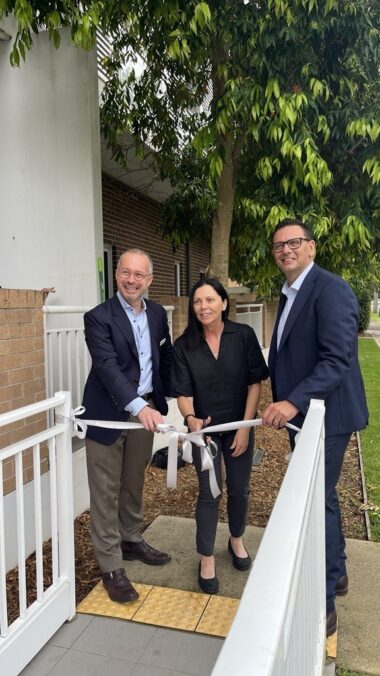Media Release | Monday, 27 November 2023
The Australia Institute welcomes the Joint Standing Committee on Electoral Matters’ final report for its inquiry into the conduct of the 2022 election. The report picks up several pieces of Australia Institute research and echoes key recommendations.
Key committee recommendations include:
- A possible inquiry into increasing the size of the House of Representatives to reduce malapportionment and improve the ratio of electors to MPs
- Increasing territory senator representation from two per territory to four.
- Ending the media blackout, contingent on truth in political advertising laws being adopted.
- The Australian Electoral Commission (AEC) to continue to address barriers to Aboriginal and Torres Strait Islander representation, including voter education, communication and locally-engaged workforces.
- Ensuring that postal votes are returned directly to the AEC, instead of being collected by political parties first.
- Better civics education in schools.
- Exempting registered charities from donation caps, should donation caps be implemented.
Additional comments from the Greens, Kate Chaney MP and Senator David Pocock identify important considerations for electoral reform, including the need for multipartisan, not just bipartisan, consultation on electoral reform and an alternative model for increasing territory senator numbers.
Coalition MPs issued a dissenting report which disagrees with some, but not all, of the committee’s recommendations. They propose other recommendations, including speeding up the redistribution process, transparency obligations on large social media platforms and providing the AEC with more resources to expand its civics program.
“The Albanese Government has been waiting for the parliamentary inquiry’s findings on truth in political advertising: now the committee has concluded its work and recommended these laws be adopted, they should be legislated well in advance of the next election,” says Bill Browne, Director of the Australia Institute’s Democracy & Accountability Program.
“In Australia, it is perfectly legal to lie in a political ad – and it shouldn’t be. Laws against misleading advertising will restore a measure of trust and civility to the political debate and nip in the bud a fake news free-for-all.
“Since Australia last increased the number of parliamentarians in the 1980s, the population has increased by 10 million – leaving MPs and senators stretched too thinly. More politicians means more accessible local members and more attention on community issues.
“Australia Institute polling research showing how few voters have interacted with their local member should spur an increase in the size of Parliament, perhaps alongside proportional representation for the lower house.
“An increase in the number of senators for the ACT and Northern Territory would be very welcome, bringing their representation closer to what other smaller jurisdictions enjoy and ensuring each territory would have a representative in both opposition and government party rooms.”
“Minor party, independent and opposition committee members have made valuable contributions, including suggestions from Coalition members for transparency obligations on large social media platforms and an expanded civics program from the AEC.
“The question for the Albanese Government is how to turn the committee’s recommendations into a legislative agenda that makes Australia’s electoral system fairer and more responsive to the Australian public.”
Media enquiries
Luciana Lawe Davies 0457 974 636

